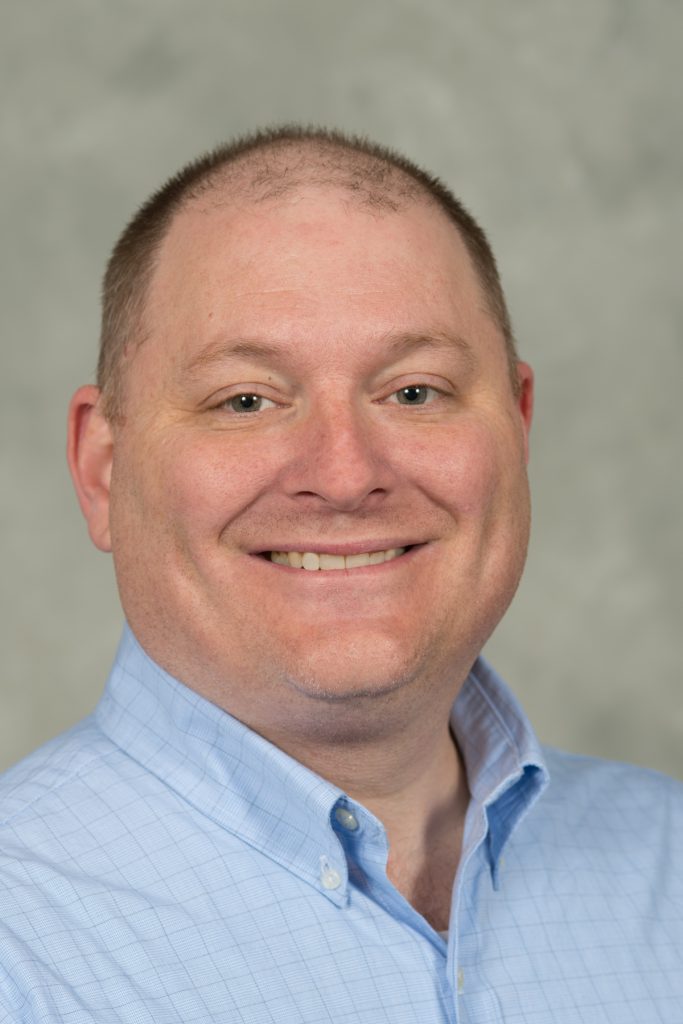As faculty are aware, the UC Board of Trustees launched the search for former President Santa Ono’s replacement in June of this year. Rob Richardson, Board President and chair of the Presidential Search Committee, promised that the process would be “open, transparent, and collaborative.” Unfortunately, it has been neither open, nor transparent, nor collaborative. To the contrary, the process has been shrouded in secrecy, lacking comprehensive faculty and student input, and in violation of well-established best academic practices.
To add to the consternation caused by this secretive search, The Cincinnati Enquirer recently reported that former Procter and Gamble CEO and the current Secretary of Veterans Affairs Robert MacDonald has emerged as a leading candidate. The leak of information poses two problems for the faculty. Since we have no other information to work with, we must assume that Secretary MacDonald is the only candidate being seriously considered. While that may, or may not, be a fair assessment of the situation, it would be unwise for faculty remain silent and not offer our opinions regarding the candidate. Second, hiring a president without academic credentials is a serious concern for those of us who work in Higher Education. When the University of Iowa decided it would abandon the accepted standards of shared governance and appointed Bruce Harreld, former IBM senior vice president, it was met with fierce criticism from the faculty and students. Harreld, one of the four finalists, lacked the qualifications and experience found in the other three candidates and yet the Board of Regents offered him the position due to his success in the private sector. Faculty questioned not only his academic background but also his the fact that he lacks any experience in public service. Eventually, the University of Iowa found itself on the American Association of University Professor’s list of sanctioned institutions for “substantial non-compliance with standards of academic government”.
While it is possible that an unconventional candidate could be an appropriate fit for UC, it is imperative that the process be truly open, transparent, and collaborative ensuring that all of the constituents at UC have a voice at the table. It’s the right thing to do and will ensure that the right candidate is chosen for the job.
Secretary McDonald, if he is truly a candidate, and the other candidates should be made public and come to UC for public interviews with students, faculty, and other stakeholders. This would provide much needed confidence in the hiring process and a solid foundation for the new president to begin his tenure at UC. The process would also benefit the prospective candidates, providing them with the knowledge and confidence that UC is truly the best match for their skillset.
Both the National AAUP and the Association of Governing Boards of Universities and Colleges (AGB), a national association of university boards of trustees (of which the University of Cincinnati Board of Trustees is a member), have issued policy statements opposing closed-door, secret searches for university presidents.
In 1966, a joint Statement on the Government of Colleges and Universities was developed by the AAUP, the American Council on Education, and the Association of Governing Boards of Universities and Colleges. Of utmost importance, the joint statement states:
“Joint effort of a most critical kind must be taken when an institution chooses a new president. The selection of a chief administrative officer should follow upon a cooperative search by the governing board and the faculty, taking into consideration the opinions of others who are appropriately interested. The president should be equally qualified to serve both as the executive officer of the governing board and as the chief academic officer of the institution and the faculty. The president’s dual role requires an ability to interpret to board and faculty the educational views and concepts of institutional government of the other. The president should have the confidence of the board and the faculty.”
In November 2015, the National AAUP reaffirmed its policy on secret presidential searches, stating:
“…decisions to forgo public campus visits and public forums by finalists violate longstanding principles of shared governance. Shared governance helps ensure that universities and colleges serve the public interest. Serving this interest is why we have public universities and colleges and why we grant special tax status to nonprofit private universities and colleges.”
The statement concludes:
“The AAUP thus calls upon colleges and universities to resist calls for closed, secretive searches and reaffirm their commitment to transparency and active faculty engagement in the hiring of higher administrative officers. Faculty members should demand that their institutions observe established norms of shared governance by involving faculty representatives in all stages of the search process and by providing the entire faculty and other members of the campus community the opportunity to meet with search finalists in public on campus.”
The full AAUP statement can be read here [https://www.aaup.org/sites/default/files/AAUP_Statement_on_Presidential_Searches_0.pdf].
Thus far the UC presidential search has not been conducted according to either the spirit or letter of the shared governance principles in the AAUP-UC Collective Bargaining Agreement, National AAUP policies, or policy statements of the AGB, of which UC’s Board of Trustees is a member. The hope and expectation is that UC will immediately enter a more open phase of this vital search.
Ron Jones
President, AAUP-UC Chapter

Ron Jones, President, AAUP-UC